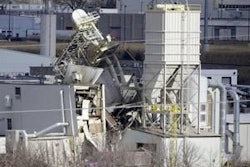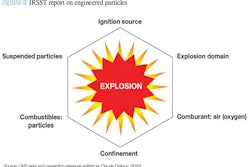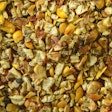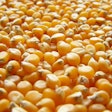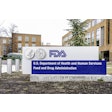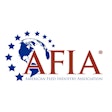The National Grain and Feed Association (NGFA) submitted extensive statements recently to the U.S. Food and Drug Administration (FDA) in response to two proposed rules issued to implement provisions of the Food Safety Modernization Act (FSMA).
The first FDA proposal would require importers to verify the safety of foreign foods and feed/feed ingredients imported and intended for use in the United States, while the second would establish criteria under which the agency would recognize and accredit third-party auditors that perform safety audits for such products.
In its statements, the NGFA provided more than 30 pages of suggestions and comments for the FDA to consider.
In its statement on the agency’s proposed regulations to require importers to establish foreign supplier verification programs, the NGFA in particular urged the FDA to exempt raw agricultural commodities – other than fruits and vegetables – intended for further processing and distribution, noting the complex and commingled nature of commodity systems through which grains, oilseeds and other commodities move through the supply chain.
The NGFA also noted such agricultural commodities, other than fruits and vegetables, already have been recognized as a low risk to human and animal health under its proposed preventive control rules for human food and animal feed.
In addition, the NGFA supported the FDA’s plan to establish less-demanding foreign supplier verification requirements for importers sourcing products from facilities in countries whose food safety system are deemed by the FDA to provide comparable or equivalent protection to public health.
In its statement on FDA’s proposal to establish a program for accrediting third-party auditors, the NGFA stressed that FSMA expressly authorized such programs for only two specific purposes – certification of FDA-designated imported foods determined based upon risk, and foods subject to a voluntary qualified importer program created under the statute.
The NGFA emphasized that Congress was “silent within FSMA on the use or recognition of third-party inspection … for domestic facilities.” As such, the NGFA said it believed the FDA “needs to weigh the absence of express statutory language carefully when considering whether, and to what extent, to rely on third-party certification as a means to verify that food and feed from U.S. facilities also meet applicable safety standards.” The NGFA added that it was incumbent upon the FDA to engage in additional public rulemaking to seek comment from stakeholders before proceeding in such a manner, particularly given the lack of express statutory language.
Pertaining to any potential future recognition by the FDA of accredited third-party certification of domestic facilities, the NGFA conveyed its strong belief that the decision of whether to voluntarily utilize third-party certification should remain within individual companies based upon their assessment of the costs versus benefits of doing so. The NGFA stated that FDA-regulated establishments may well make a prudent business decision that third-party certification programs provide little value, based upon their assessment of the risk of products they are manufacturing and distributing, the adequacy of their internal product-safety and quality-control programs, their compliance histories and other factors.


